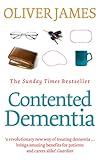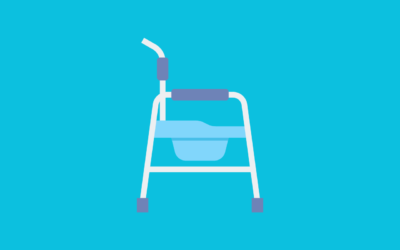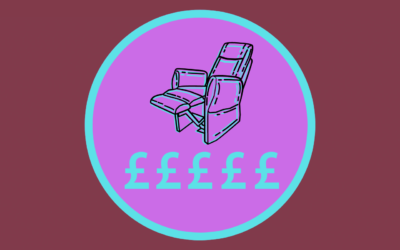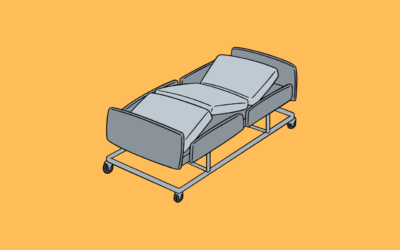Key Takeaways For How To Create A Dementia-Friendly Home
Clutter-Free Environment: Organizing and decluttering spaces reduce confusion and discomfort for individuals with dementia.
Optimal Lighting: Bright and natural lighting, with attention to key areas like the bathroom and stairs, enhances visibility and reduces disorientation.
Sensory-Friendly Design: Choose distinctive, contrasting furnishings, reduce noise levels, and simplify dining setups to create a dementia-friendly home environment.
Top Dementia Aids
Being at home can enhance your sense of freedom, even if you have dementia. You can maintain your routines and interests by making small adjustments to your living space. Implementing these changes may help you feel more connected, secure, and capable of enjoying your home. Here’s how to create a dementia-friendly environment.
How To Create A Dementia-Friendly Home Key Points:
- You can be asked to consent to the second examination of your property if you require upgrades like grab bars in the bathroom.
- Get rid of clutter
- If your house is unorganised, you could feel uncomfortable and confused.
- Organise your cabinets and drawers and clean away any further mess.
Get An Evaluation From An Expert
If someone with dementia hahasn’treviously done so, ask your local government for a needs analysis. If your home requires improvements like grab bars in the bathroom, you can be asked to consent to a second examination.
Improved Lighting
The ideal lighting is bright, bright, and natural (as much as possible). Keep the drapes open for more natural light throughout the day. Trees and shrubs that impede light have been pruned. It would help if you gave particular care to the bathroom and stairs. Light switches must be located in a reachable location.
Spend Money On Distinctive Furnishings.
If you have dementia, it may be harder to tell different colours apart. Pick bold, contrasting colours to make the furnishings easier to find. Avoid stripes and other bold patterns, as they might be misleading.
Reduce The Volume Of The Noise
Rugs, pillows, and draperies may help lessen background noise by reducing echoes.
Get Rid Of Clutter.
If your house is unorganised, you could feel uncomfortable and confused. Organise your cabinets and drawers and clean away any further clutter. Please turn off the TV and the radio while yoyou’reot viewing or listening to them to prevent confusion or distraction from noise.
Make It Simpler To Eat And Drink.
Your health is influenced by what you eat and how much you consume. Use tablecloths, glasses, and dishes that stand out from the cuisine. Try putting your food in transparent plastic containers to track what is inside each container.
Reflections Might Result In Problems.
You may want to think about hiding or getting rid of mirrors since they might be confusing for someone with dementia. If they can’t recognise themselves, they could get upset.
Top Dementia Aids
Related Home Adaptation and Safety Articles
- Making Your Home Safe When You Have a Disability – Practical tips for enhancing home safety and accessibility.
- Fall Prevention Strategies at Home – Essential strategies to prevent falls and improve safety at home.
- Bedroom Mobility Aids Tips – Useful aids to enhance safety and comfort in the bedroom.
- Bathroom Safety – Tips for creating a safe bathroom environment for those with limited mobility.












